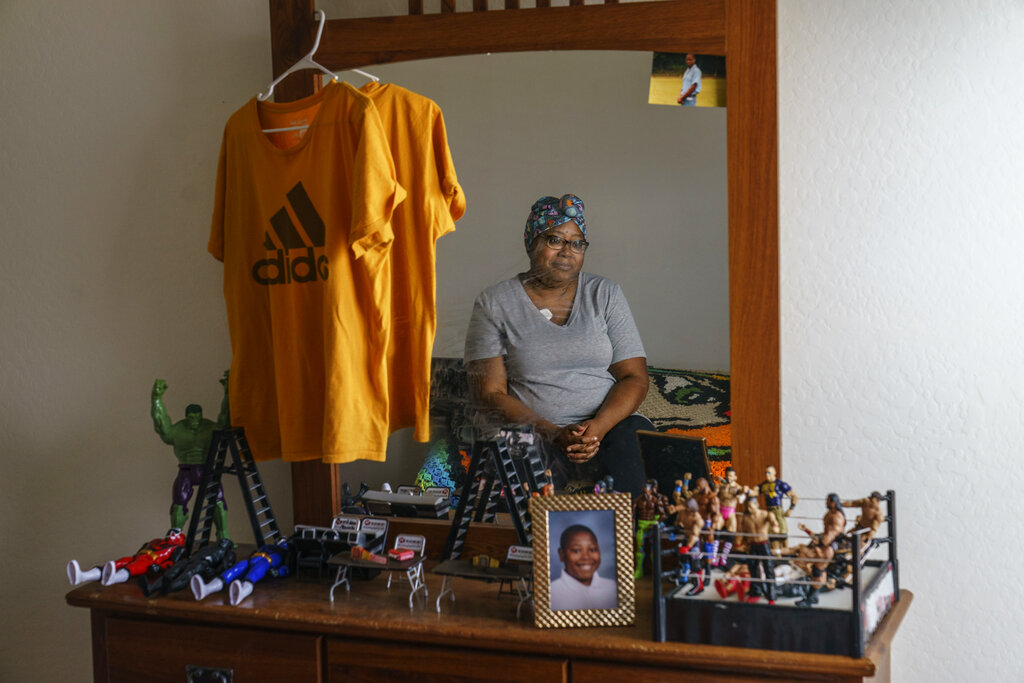Sickle Cell Trait Increases COVID-19 Death Risk for Millions
ADF STAFF
Nearly one-third of the people living in Sub-Saharan Africa could be at a greater risk of dying from COVID-19 because they carry the genetic marker for sickle cell disease, according to a new study looking at how the two diseases interact.
The study looking at COVID-19 and sickle cell-related health issues focused on U.S. military veterans of African ancestry who carried the genetic markers known as sickle cell trait (SCT) — the same condition as an estimated 300 million people across Africa from Senegal to Madagascar.
SCT is not the same as sickle cell disease. SCT individuals carry the genetics for sickle cell disease and can pass it on to their children.
Sickle cell disease is a genetic condition that causes malformed (sickle-shaped) red blood cells incapable of carrying oxygen. People with the disease suffer from anemia and strokes caused by blood clots created as the malformed cells die.
“Individuals with SCT had a number of pre-existing kidney conditions that were associated with unfavorable outcomes following COVID-19,” researchers led by Anurag Verma wrote in the Journal of the American Medical Association.
Although SCT is less of a health risk than actual sickle cell disease, people with SCT face health risks such as chronic kidney disease and kidney-related cancers.
Now doctors can add COVID-19 to that list.
According to Verma’s research, 22% of the people in the study with a combination of acute kidney failure and SCT died within 60 days of recovering from COVID-19.
During the COVID-19 pandemic, the respiratory disease has had its biggest impact on the elderly and people with a variety of health conditions ranging from diabetes to obesity to tuberculosis. Until Verma’s study, the relationship between sickle cell trait and COVID-19 was unclear.
Verma’s study has important implications for Africa, where an estimated 300 million people carry the gene that can produce sickle cell, increasing their risk for fatal complications from COVID-19.
More than 300,000 babies are born with sickle cell disease each year on the continent — a number that could increase to 400,000 by 2050, according to researcher Frédéric Piel at Oxford University in the United Kingdom.
Sickle cell cases are concentrated in Africa’s tropics, with Nigeria and the Democratic Republic of the Congo accounting for the largest number of cases.
In the past, the clotting and anemia associated with sickle cell disease killed up to 90% of African children born with it. Improvements in diagnosing and treating the disease early are helping those children grow into adulthood, according to Piel.
Among people living with sickle cell disease, COVID-19 has become an early death sentence. According to the U.S. Centers for Disease Control and Prevention, deaths from sickle cell disease in the U.S. jumped nearly tenfold between 2019 and 2020, the first year of the pandemic.
COVID-19 had its biggest impact on people 65 and older, but among those with sickle cell disease, pandemic-related deaths hit people between 25 and 59 the hardest, according to the CDC.
Verma called for health experts to pay more attention to the deadly impact COVID-19 can have on people living with health issues related to SCT.
“Our findings suggest that SCT can further contribute to worse outcomes in individuals of African ancestry,” Verma wrote, “There is a need for new treatment strategies to improve clinical outcomes of COVID-19 in individuals with SCT.”


Comments are closed.